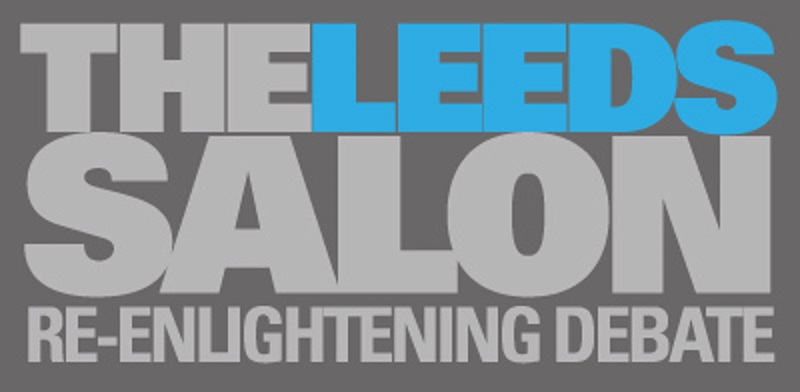A LIPPfest 2011 event
At a time of scarce resources the arts sector finds itself obliged to make a better and better case for public funding. Under pressure from policymakers, and unsure about aesthetic judgment, arts organisations are increasingly justifying what they do in terms of socio-economic impact rather than artistic quality. Economic and statistical methods — such as Social Return on Investment, and surveys asking the general public to place a monetary value on arts exhibitions and events — are used to measure the value of the arts.
Some in the arts sector accuse the government of philistinism and point out it is difficult, if not impossible, to quantify the value of art objects and performances in terms of monetary or social benefits. For them, culture should be judged, not measured, however difficult and controversial the attempt to find public agreement on the quality of artistic products.
Policymakers retort that aesthetic judgment is elitist in that it relies on experts in ‘high art’ who impose their personal preferences on the wider public. Measuring the socio-economic value of the arts relies instead on more objective and democratic criteria. The arts sector, they maintain, would be better off if it understood the need for government to allocate public funds following a democratic, transparent and impartial process.
Should we judge or measure the arts? Is it possible to reach public agreement on the quality of artistic production through aesthetic judgment or does it necessarily mean imposing the values of a cultural elite on to the wider public? Is it possible or desirable to measure the socio-economic impact of the arts? Is this a more democratic, transparent and objective process?




